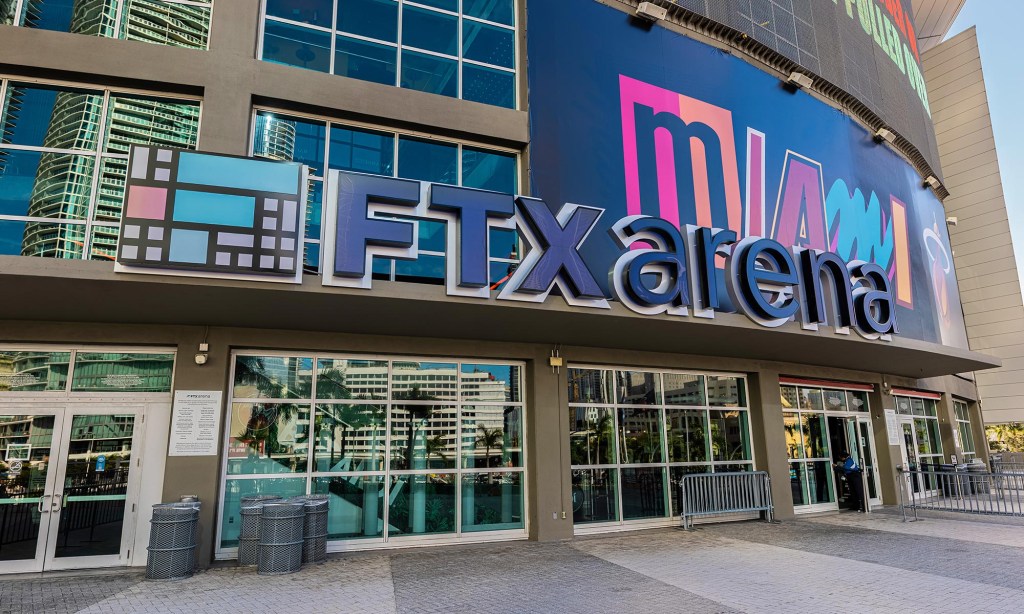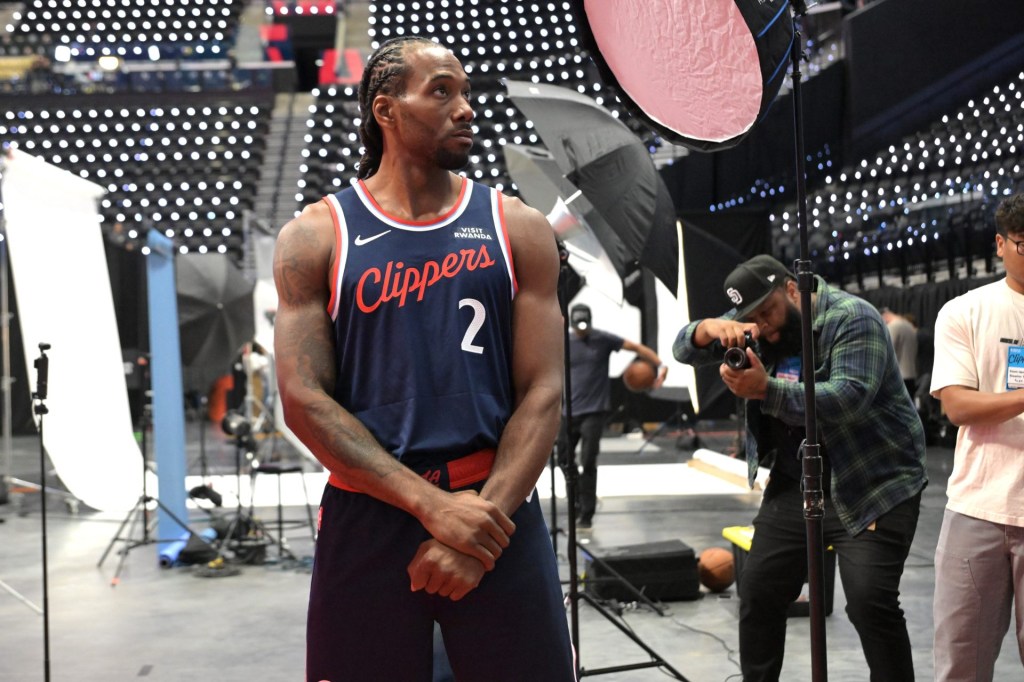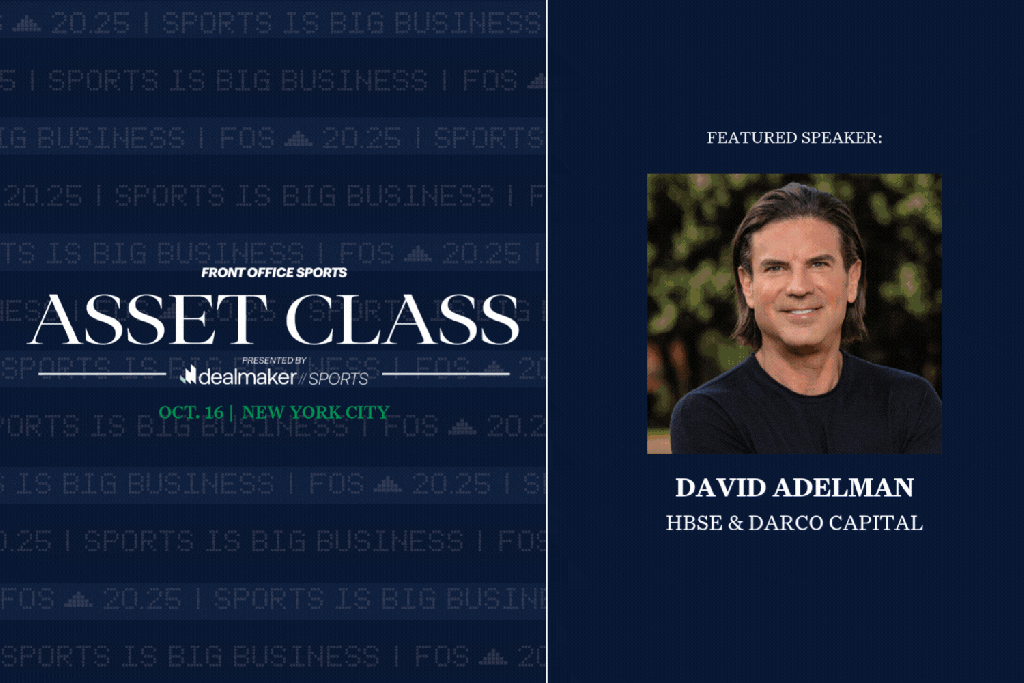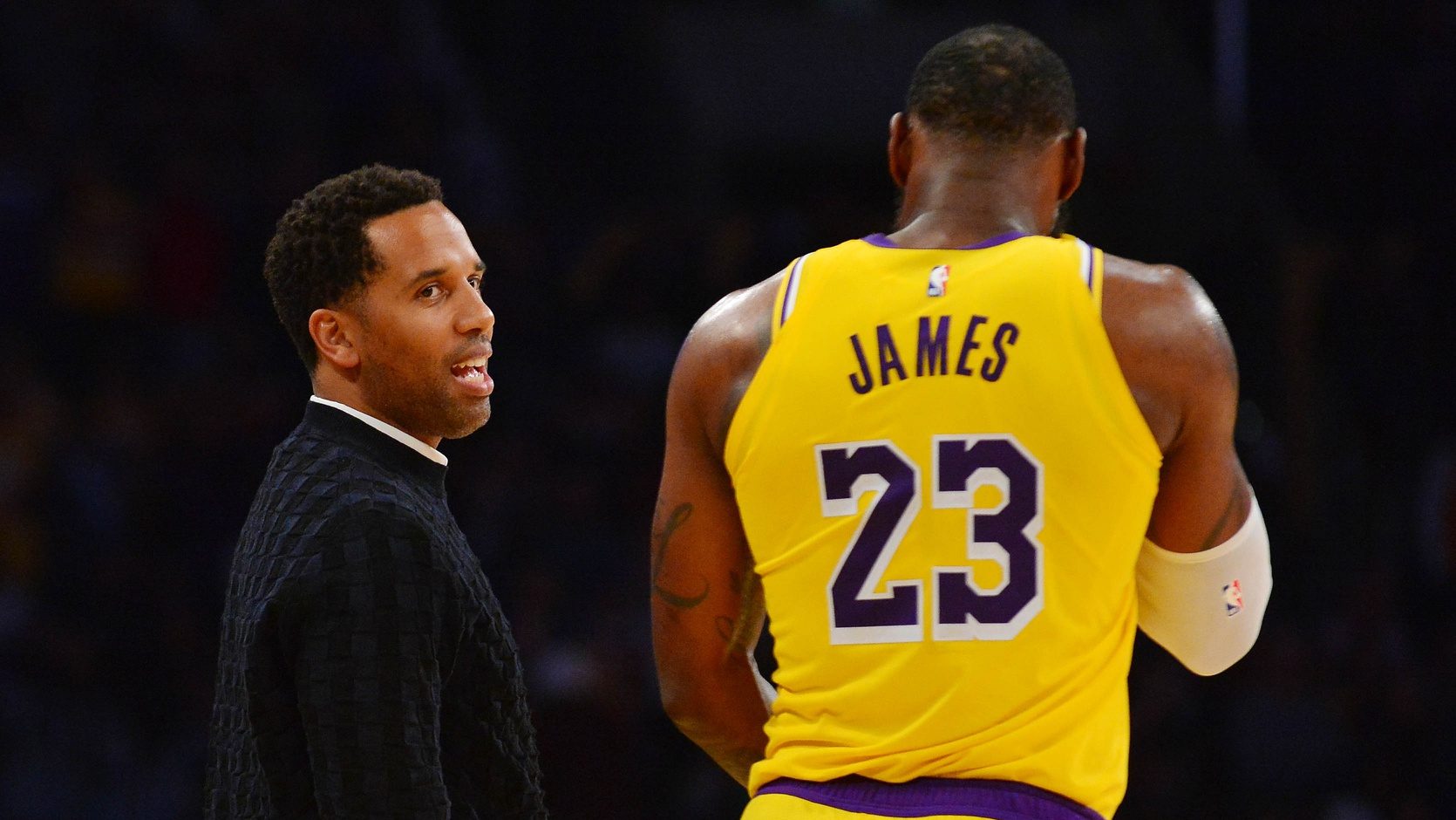How big of a problem is the Clippers controversy for the NBA?
If you ask Pablo Torre, who first broke the story of Kawhi Leonard’s $28 million “no-show” endorsement deal with green-banking company Aspiration about a month ago on his podcast Pablo Torre Finds Out, it’s “the defining scandal of Adam Silver’s tenure as commissioner.”
If you ask Mark Cuban, it’s no problem at all. “I don’t think the Clippers did anything wrong,” he told Front Office Sports on Thursday over email. “So zero problem.”
Torre has certainly uncovered compelling evidence that raises many questions. Why did Clippers owner Steve Ballmer continue putting money in Aspiration—and also in the personal charity of cofounder Joe Sanberg—even after news broke that Aspiration was under investigation by the feds? Why did his Clippers co-owner Dennis Wong invest in it, too? In what world is a $28 million player endorsement deal involving no ads or appearances normal?
The NBA has initiated an investigation to attempt to answer these questions. Such investigations take months, not weeks, and the league knows the public’s attention span is short. Here’s an easy prediction: This one won’t end with the NBA making Ballmer sell the team like the Donald Sterling investigation did. Depending on what the league finds, it could yield anything from a major to a minor punishment to nothing at all. The NBA could conclude it buys Ballmer’s thin explanation that Aspiration “conned me.”
I’m more interested in how a little-known carbon-credits fintech company secured a $300 million deal as an official “founding sponsor” of an NBA team—a price and designation that required NBA approval.
The situation reminds me very much of FTX, the fraudulent crypto exchange that launched in 2019, surged to a $32 billion valuation by early 2022, and collapsed by the end of that same year. Along the way, FTX cozied up to Tom Brady and Gisele Bündchen, plus a slew of athlete endorsers. (Aspiration had Drake and Leo DiCaprio.) In March 2021, FTX entered a 19-year, $135 million stadium naming rights deal with the Miami Heat.
Why did the Heat, NBA, and city of Miami trust that a company that had existed for less than two years would be around for 19 years? In an interview with FTX founder Sam Bankman-Fried—now serving a 25-year sentence in a California prison—in May 2021, I asked him that. He smiled and said, “It’s been a pretty good year for us. To the point where, frankly, we don’t need to rely on the other 18 years to have the funds for this.” By January 2023, the company was dead and its logo stripped from the Heat arena.

I asked Silver about the league’s approval process for team sponsors onstage at our Tuned In summit in New York on Sept. 16. “This was not something that was on our radar to even be thinking about,” he responded. “When this concludes, we’ll take a fresh look at our rules in terms of companies that players are investing in, and owners.”
But then he argued that the NBA can’t fully look into every team sponsor.
“There are literally thousands of deals that cover all our teams,” he said. “And these are brands that have major investors, major funds—that was certainly clear of the crypto world at the time. And so, yes, there’s a league approval process, but it doesn’t go deep into interviewing executives for every deal that comes through the league office.”
And in response to my mention of FTX, Silver appeared to suggest that because crypto prices are up right now, little-known crypto companies look less shady.
“Let’s go back to those [crypto] deals,” he said. “Now crypto’s back up. We have deals with some of the crypto companies now, and now the market is killing, going crazy on crypto. So is there a different view now? I’m just saying, we live in a market economy, there is a government that regulates these industries, there are teams and team owners that are risking their reputations and brands.”
I am certainly not suggesting the NBA needs to interview executives from every team sponsor to ensure they’re honest and aboveboard. That would not be realistic. But clearly it should more closely scrutinize sponsors at the $300 million level. Because you have to wonder how many more Aspirations there are across the NBA—and other leagues, too.




